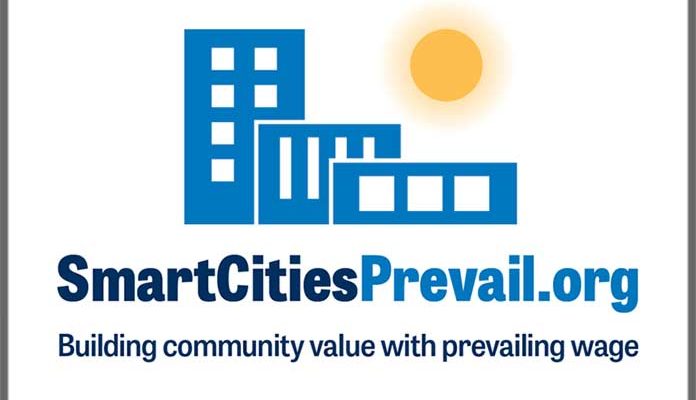Sean McGarvey and Doug Maibach
June 30, 2018
Michigan’s Mackinac Center for Public Policy keeps promoting the Michigan Legislature’s repeal of prevailing wage protections without considering the latest facts. One of Mackinac’s recent articles calls on the federal government to take a cue from Michigan and advance an effort to repeal federal prevailing wage protections.
Prioritizing ideology over evidence, it doesn’t cite the most advanced economic research on prevailing wage laws, fails to include industry experts, and, even worse, ignores the accounts of construction workers, the building trades unions and high-road contractors who readily pay prevailing wages – the people most impacted by the Legislature’s decision.
If Mackinac had done its research, it would find that there is no statistical relationship between prevailing wage laws and contract costs. In any industry, an employer can reduce labor costs by reducing turnover and using competitive, fair wages to attract and retain the industry’s most productive workers.
Mackinac claims that cutting “inflated wages” for blue-collar construction workers saves taxpayer dollars or lowers costs on a given project, but this obscures the fact that the money will simply be absorbed by other white-collar participants in that same construction project – whether it be the architect, engineer, Wall Street financiers, insurance carriers or project suppliers. Interestingly, these other participants’ wages are never accused of being unfair or inflated.
Construction labor accounts for about 20 percent of a typical project’s overall cost, and Mackinac says the repeal will cut project costs by 15-20 percent. So, following Mackinac’s logic, the construction workforce would work for nothing.
Without prevailing wage protections, responsible contractors must increasingly compete against “low road” contractors who frequently fail to invest in meaningful training and do not offer health and retirement benefits for their workers. The reckless market this creates diminishes incentive, in the form of investments in wages, benefits and training, for both the building of human capital in the construction industry and the retention of human capital over the long run.
Ultimately, this leads to the erosion of community wage and benefit standards, shoddy work and unsafe work sites, and less young people, women, communities of color and veterans joining the skilled trades.










